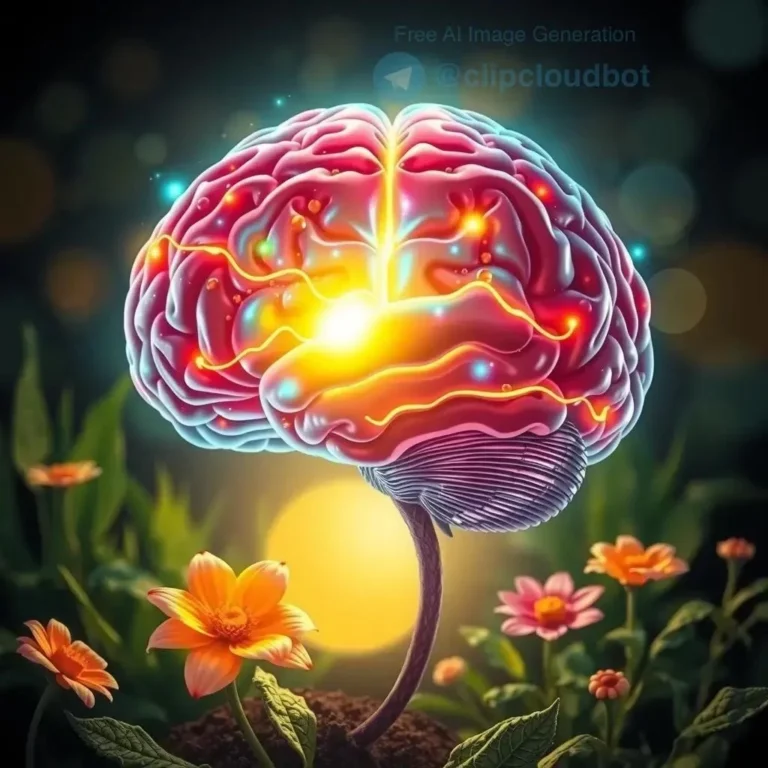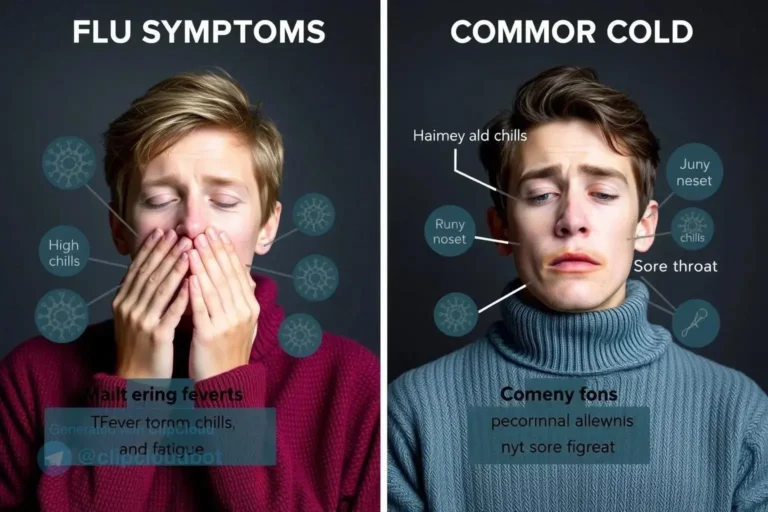The Future of Mental Healthcare: AI, VR, and Psychedelics
AI-Powered Mental Healthcare
Artificial intelligence offers innovative tools for personalized mental health support. AI can analyze data to predict risks, tailor treatments, and offer readily accessible virtual assistance.
The Promise of Virtual Reality Therapy
Virtual Reality (VR) therapy presents a groundbreaking approach to mental healthcare, offering immersive and engaging experiences that can address a wide range of conditions. By creating simulated environments, VR allows patients to confront anxieties and phobias in a safe and controlled setting. Imagine a person with a fear of public speaking practicing their presentation in a virtual auditorium, gradually building confidence without the pressure of a real-world audience. Or consider someone struggling with social anxiety navigating virtual social scenarios, learning and practicing coping mechanisms.
Beyond exposure therapy, VR can also facilitate mindfulness and relaxation techniques. Guided meditations within serene virtual landscapes can promote emotional regulation and stress reduction. Furthermore, VR offers the potential for personalized therapeutic experiences. Therapists can tailor virtual environments and scenarios to meet individual patient needs, optimizing treatment effectiveness. This emerging technology holds immense promise for enhancing mental wellness by providing accessible, engaging, and personalized therapeutic interventions.
Exploring the Therapeutic Potential of Psychedelics
Psychedelic substances, such as psilocybin and MDMA, are showing promising results in the treatment of various mental health conditions. Rigorous clinical trials are exploring their efficacy in addressing treatment-resistant depression, anxiety disorders, and PTSD. These substances, under carefully controlled conditions and with appropriate therapeutic guidance, appear to facilitate profound emotional breakthroughs and promote neuroplasticity, allowing individuals to reframe negative thought patterns and develop healthier coping mechanisms.
The potential of psychedelics lies in their ability to catalyze deep introspection and emotional processing. Combined with therapy, these experiences can lead to lasting positive changes in behavior and overall well-being. However, it’s crucial to acknowledge that psychedelic therapy is still in its nascent stages of research. Further investigation is necessary to fully understand the long-term effects, optimal treatment protocols, and to ensure the safe and responsible integration of these powerful tools into mainstream mental healthcare.
Ethical Considerations for AI in Mental Health
The integration of AI in mental healthcare raises important ethical considerations that demand careful attention. Data privacy and security are paramount. AI systems handling sensitive patient information must adhere to stringent security protocols to prevent breaches and maintain confidentiality. Furthermore, algorithmic bias is a critical concern. AI algorithms trained on biased datasets can perpetuate and amplify existing inequalities in access to and quality of care. Ensuring fairness and equity in AI-driven mental health tools is essential.
Another ethical challenge involves the potential for over-reliance on AI. While AI can be a valuable tool, it should augment, not replace, human interaction and clinical judgment. Maintaining the human element in mental healthcare is crucial. Transparency and explainability are also vital. Patients should understand how AI systems are used in their care and have the ability to question or challenge AI-driven recommendations. Addressing these ethical considerations proactively will pave the way for responsible and beneficial AI integration in mental healthcare.
Navigating the Safe Use of VR and Psychedelics
Ensuring the safe and ethical use of VR and psychedelics in mental healthcare requires careful consideration and established guidelines. For VR therapy, it’s essential to address potential side effects like cybersickness and to establish clear protocols for managing emotional responses within virtual environments. Patient screening and appropriate supervision are crucial. With psychedelics, rigorous screening processes are paramount to identify individuals for whom these therapies may be contraindicated due to pre-existing conditions.
Furthermore, the therapeutic setting and the presence of trained facilitators are essential for safe and effective psychedelic experiences. Careful monitoring and integration therapy following psychedelic sessions are crucial for processing insights and integrating them into daily life. Developing standardized protocols and comprehensive training programs for therapists administering these therapies will be vital for ensuring patient safety and maximizing therapeutic benefits. Ongoing research and open dialogue about potential risks and benefits are necessary to navigate the responsible integration of these novel approaches.
Building a Framework for Responsible Integration
Integrating AI, VR, and psychedelics into mental healthcare requires a robust framework that prioritizes safety, ethics, and accessibility. Collaboration between researchers, clinicians, policymakers, and technology developers is crucial to establish best practices and guidelines. This framework must address data privacy, algorithmic bias, patient safety, and the development of standardized protocols for therapeutic interventions.
Furthermore, equitable access to these emerging technologies is essential. Ensuring that these advancements benefit all individuals, regardless of socioeconomic background or geographic location, is paramount. Continuous monitoring and evaluation of the effectiveness and impact of these technologies will be crucial for refining treatment approaches and maximizing positive outcomes. Building a strong ethical foundation and fostering open communication will be key to realizing the full potential of these transformative tools in shaping the future of mental wellness.
The Future Landscape of Mental Wellness
The future of mental wellness is poised for a transformative shift, driven by the integration of innovative technologies like AI, VR, and psychedelics. These advancements offer the potential for personalized, accessible, and effective mental healthcare solutions. Imagine a future where AI-powered tools provide early risk prediction and personalized treatment recommendations, while VR offers immersive therapeutic experiences and psychedelics facilitate profound emotional breakthroughs.
However, realizing this vision requires a commitment to ethical considerations, rigorous research, and responsible implementation. By prioritizing patient safety, data privacy, and equitable access, we can harness the power of these technologies to create a future where mental healthcare is more effective, accessible, and personalized than ever before. This future promises a more holistic and integrated approach to mental wellness, empowering individuals to thrive and reach their full potential.






